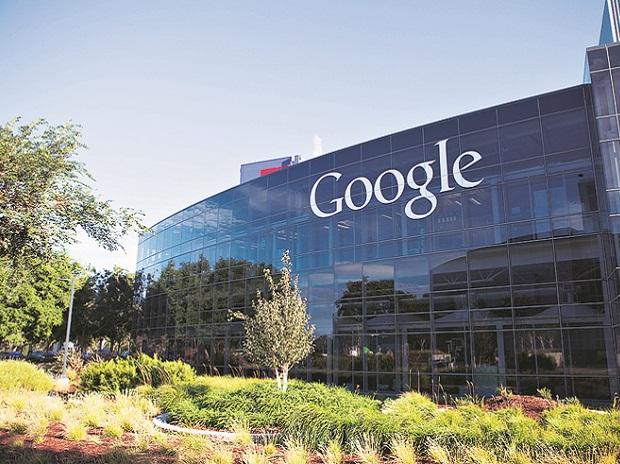
Google is severely limiting how political advertisers can target people online, a decision made after weeks of furious debate over how online platforms handle campaign messages.
The Alphabet Inc. unit said in a blog post on Wednesday it will no longer allow election ads to be targeted based on political affiliation on Google Search, YouTube and across the web. The company is also restricting misinformation and banning doctored media known as deepfakes in ads following criticism that Google and rival Facebook Inc. ran ads from US President Donald Trump that were intentionally misleading.
Google’s steps could curtail campaigns just as they are escalating spending for the 2020 US presidential elections. The internet search giant also said it is removing access to a valuable tool called Customer Match for political ads. This technology lets advertisers combine their own data, such as email lists, with Google’s massive corpus of digital information, to target audiences even more accurately.Still, Google isn’t limiting political targeting altogether. Election ads will still be able to target users based on age, gender and location by postal code. Nonprofits that register as political advertisers will be affected by the new policies, a Google spokeswoman said.
Additionally, Google said it’s updating its overall ads policy to prohibit “misleading claims about the census process, and ads or destinations making demonstrably false claims that could significantly undermine participation or trust in an electoral or democratic process.”
Online platforms’ handling of political ad spending has become a lightning rod in recent weeks. Twitter Inc.’s decision to ban campaign advertising in October was met with both praise and scorn from politicians and advocacy groups. Facebook has taken a different stance, with top executives repeating several times that the social network won’t fact-check ads from politicians, saying it’s not the place of technology companies to become arbiters of truth.....READ MORE
No comments:
Post a Comment